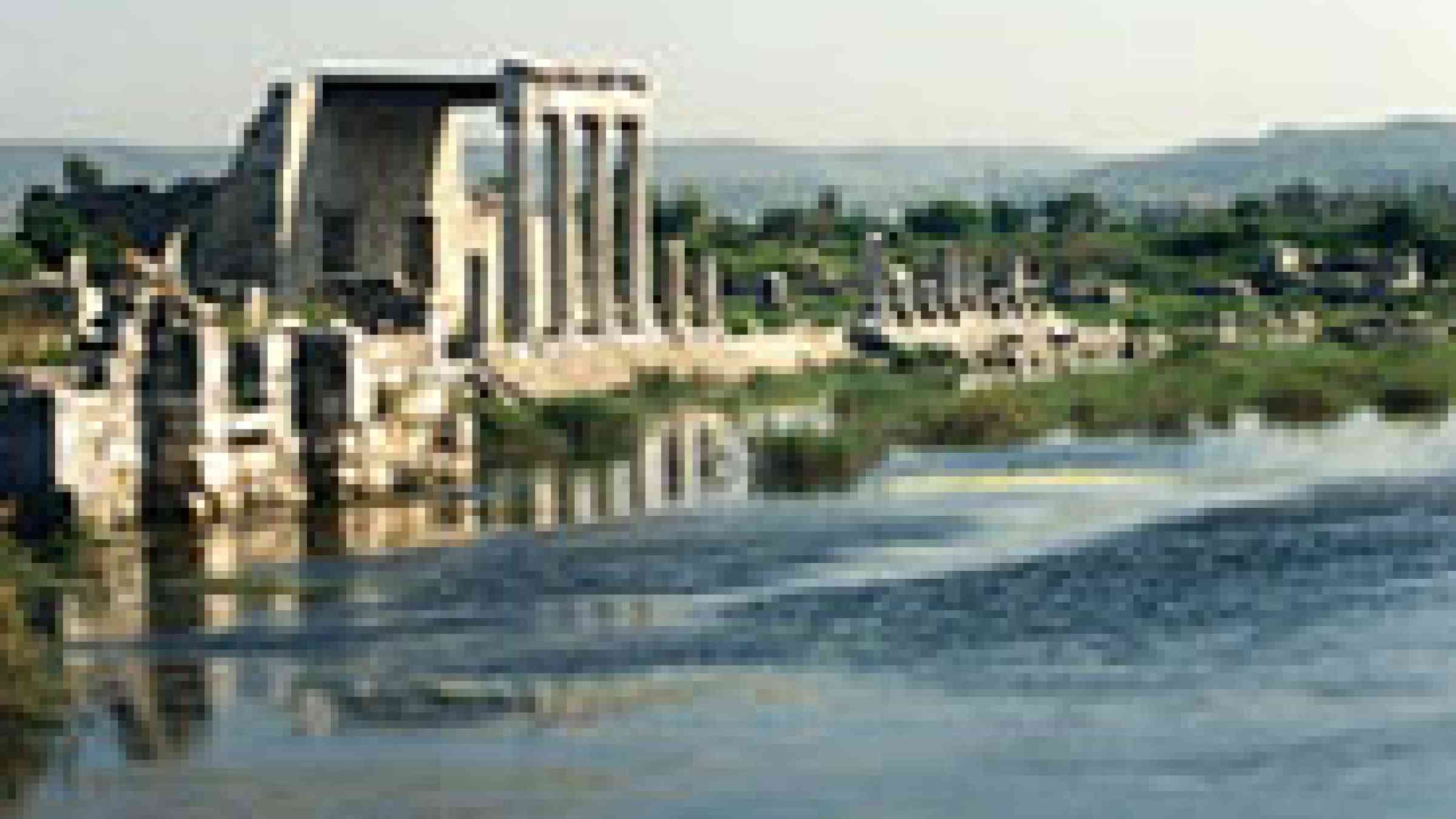Tackling floods, the most frequent natural hazard in the Mediterranean

Press release
Istanbul, the city that in recent years has paid the highest number of victims to floods, will host on 15-17 February an important workshop on the risk of floods organized by the 5-million EU-funded Programme on Prevention, Preparedness and Response to Natural and Man-made Disasters (PPRD South).
40 experts in flood risk management from the Civil Protection Authorities and other ministries from Albania, Algeria, Bosnia & Herzegovina, Croatia, Egypt, Israel, Italy, Jordan, Lebanon, Montenegro, Morocco, Palestinian Authority, Slovenia, Tunisia and Turkey will meet for three days to discuss about the lessons learned from recent flood events in the region, be informed about the best ways to manage the risk of floods and discuss what the Mediterranean countries can do to reduce their vulnerability in front of such high-impact events.
Mehmet Ersoy, General Director of the Turkish Disaster and Emergency Management Presidency, together with Javier Menendez Bonilla, Head of Operations Sector at the Delegation of the European Union to Turkey will open the event on 15 February. During the workshop, an analysis will be made on the different types of floods affecting the Mediterranean countries - flash floods, river floods, coastal floods – and on the main reasons for the increasing vulnerability to floods: uncontrolled urban sprawl on flood prone areas, construction on slopes, deforestation and land use changes which reduced the soil water retention capacity and increase the run-off rate in case of heavy rains.
Participants will study the available methodologies on how to reduce the flood impact on people, on environment, on cultural heritage and on the economy. They will receive information on the EU Floods Directive with its flood risk assessment tools, risk maps and management plans. The most recent developments regarding floods forecasting and early warning systems will be explained by the European Commission's Joint Research Centre which will focus on the difficulty to deal with flash floods, the most dangerous among the natural disasters in the Mediterranean. In fact, due to their destructive force and the short time between the heavy rain and the flash flood, an effective response is always very difficult.
Finally, during the practical exercises, participants will simulate the whole process of flood risk assessment, mapping and planning the right management measures with the aim to help reduce the impact of such a natural disaster.
According to the EMDAT Disaster Database, floods remain the most common natural disaster in the Mediterranean. In the period 1990-2010, floods accounted for 35% of all natural disasters that hit the Mediterranean region (Albania, Algeria, Bosnia-Herzegovina, Croatia, Cyprus, Egypt, France, Greece, Israel, Italy, Jordan, Lebanon, Libya, Malta, Montenegro, Morocco, occupied Palestinian territory, Slovenia, Spain, Syria, Tunisia and Turkey). Some 210 destructive flood events struck the 22 countries during the past 20 years affecting 3,220,000 people, causing 4,250 dead, and economic losses totalling 25,000 billion Euros.
The Southern and Eastern Mediterranean countries recorded the highest number of deaths with 3,820 victims mostly due to sudden flash floods striking intensely populated urban areas built in flood prone zones, while the northern Mediterranean countries - Italy, France, Spain, Greece, Slovenia and Albania - registered the highest economic impacts with 21,400 billion euro losses mostly due to flash floods striking touristic coastal towns built without adequate protection or due to river floods inundating plains whose land use was shifted from forest, woodland or agriculture to commerce and industry.
Contact: Alessandro Candeloro, +39 349 0850931, [email protected]